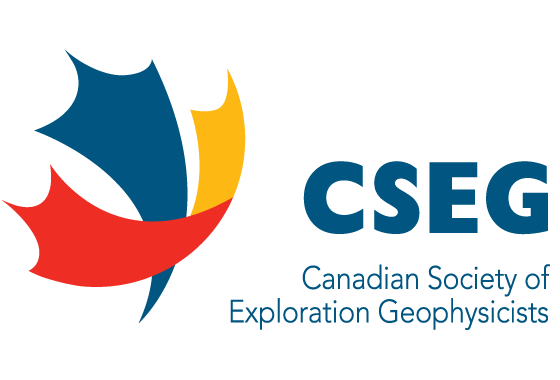To attend, please RSVP to epp@cseg.ca.
Unless we have exceeded the allowable number of people for the auditorium, we will not be replying to your email.
LunchBox Geophysics is free! Simply bring your own lunch (refreshments provided) and enjoy.
Abstract
P-wave fracture analysis provides a means to extract fracture density and orientation of an underground reservoir. Thoroughly understanding the pros and cons of each method is important for fracture analysis, and moreover, careful handling of some practical issues is crucial. In this talk, the following issues will be discussed in detail. 1. avoiding cycle skipping when applying dynamic trim statics; 2. the confounding effects of an anisotropic overburden; 3. confounding effects due to the boundaries between two fractured zones; 4. the importance of far offset traces; and 5. the ambiguity of fracture orientation estimated from fracture analysis. Any improper treatment on any of these issues can lead to incorrect outcomes of the analysis and/or misinterpretation of the analysis results. Using the proper method and carefully processing the data are the keys to successful fracture analysis.
Biography
Ye Zheng received his PhD degree (2006) specializing in seismic azimuthal anisotropy, and an MSc degree (1995) specilizing in polarization filtering of 3C data, both in geophysics from the University of Calgary. He has spent over 15 years in the Canadian seismic industry, and has garnered a broad scope of experience ranging from R & D and processing, to technical support and client interaction. His main interest is in seismic imaging and reservoir characterization. He has spent many years on both research and applications for seismic fracture analysis. He also developed a method to integrate fracture analysis and seismic imaging techniques for fracture detection in structural areas. At present, he is a Senior Geophysical Advisor at Divestco processing. He also worked as a research programmer / processor at Veritas (1993 - 2006) and as a research associate at the Institute of Geophysics, Chinese Academy of Sciences (1982 - 1990).





